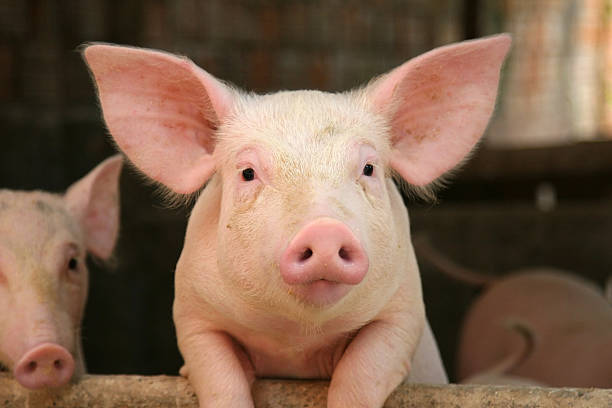Understanding the Intelligence and Emotions of Pigs
When we think of intelligent animals, dogs, dolphins, or primates often come to mind. However, one animal that often gets overlooked in this regard is the pig. Pigs, both domestic and wild, have been found to possess remarkable cognitive abilities and emotional depth that rival, and sometimes surpass, those of our more traditionally 'intelligent' companions.

A Look into the Past: Pigs in History
Pigs have been present in human culture for thousands of years. Ancient civilizations, such as the Egyptians and Romans, recognized pigs for their resourcefulness and adaptability. In many cultures, pigs symbolized fertility, abundance, and prosperity. There is also evidence to suggest that pigs were domesticated as early as 7000 to 5000 BC, making them one of the oldest domesticated animals. Despite these early interactions between humans and pigs, it wasn’t until the 20th century that scientists began to seriously study pig intelligence.
Pig Intelligence: More than Meets the Eye
Recent studies have revealed that pigs possess cognitive abilities comparable to those of three-year-old humans. They have excellent long-term memories, can understand symbolic language, and are capable of recognizing themselves in mirrors - a trait only shared by a small number of animals, including dolphins and elephants. A 2015 study even found that pigs could be trained to use a joystick to move a cursor on a computer screen, demonstrating their ability to learn and adapt to new situations.
The Emotional Depth of Pigs
Not only are pigs intelligent, but they also exhibit a wide range of emotions and social behaviours. Pigs display signs of empathy, are capable of experiencing complex emotions such as anticipation and dread, and even show evidence of mood-dependent behaviour. They form strong social bonds with other pigs and have been observed cooperating to solve problems and achieve goals.
The Impact of Understanding Pig Intelligence and Emotions
Understanding the cognitive and emotional capabilities of pigs has significant implications, particularly for their treatment in farming practices. The knowledge that pigs are sentient beings capable of experiencing pain, distress, and pleasure challenges the ethics of intensive farming methods, leading to calls for improved welfare standards. More broadly, it also invites us to reconsider our perception of pigs and animals in general.
The Future of Pig Studies
Research into pig intelligence and emotions is a rapidly developing field. As our understanding of these animals deepens, we are likely to see changes not only in how we treat them but also in how we think about intelligence and emotions in non-human animals. We might even learn something about ourselves along the way.
In conclusion, the often-underestimated pig is a creature of remarkable intelligence and emotional depth. As we continue to explore and understand these qualities, we must challenge our preconceptions and consider the implications for how we treat these animals.




